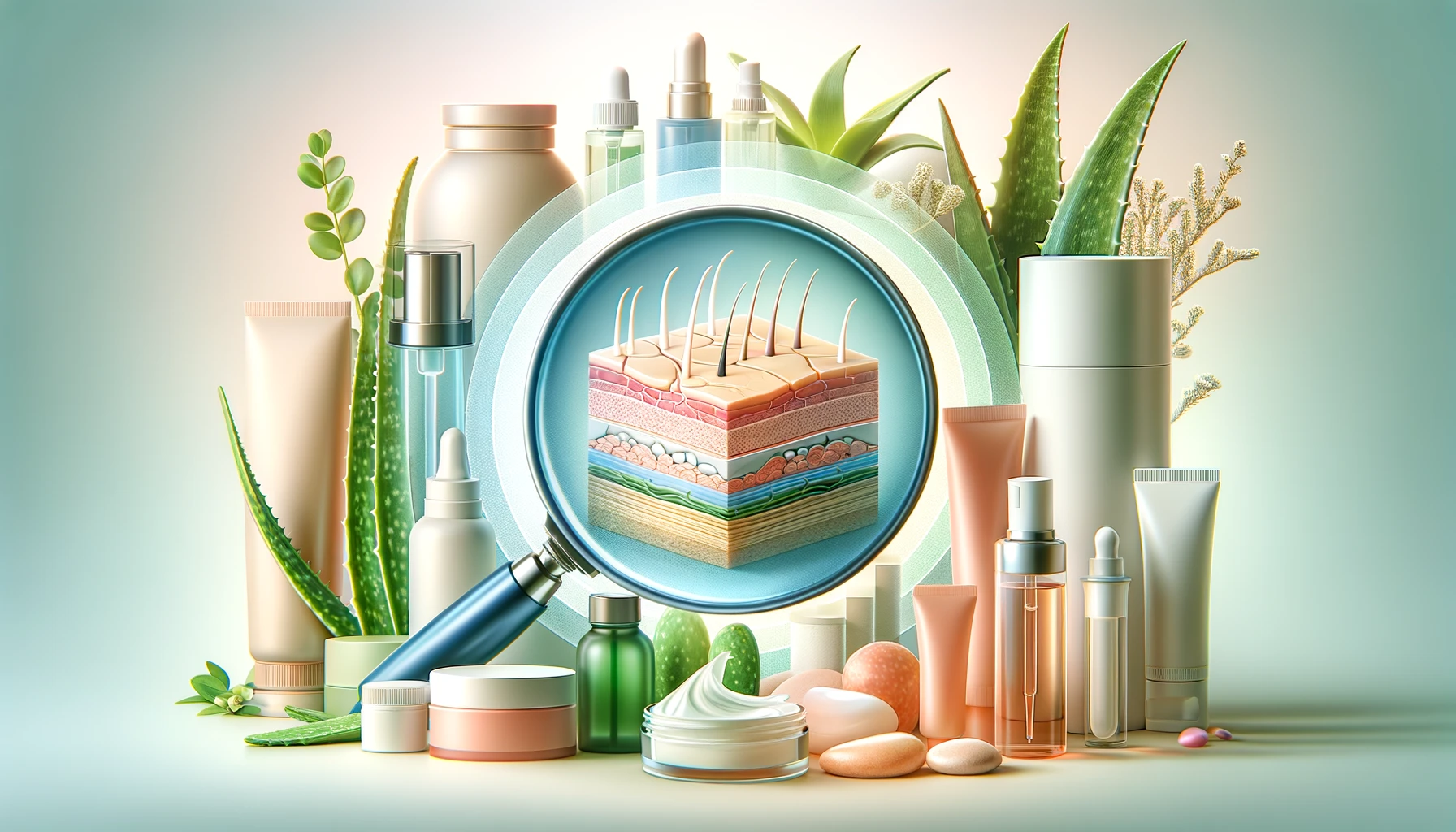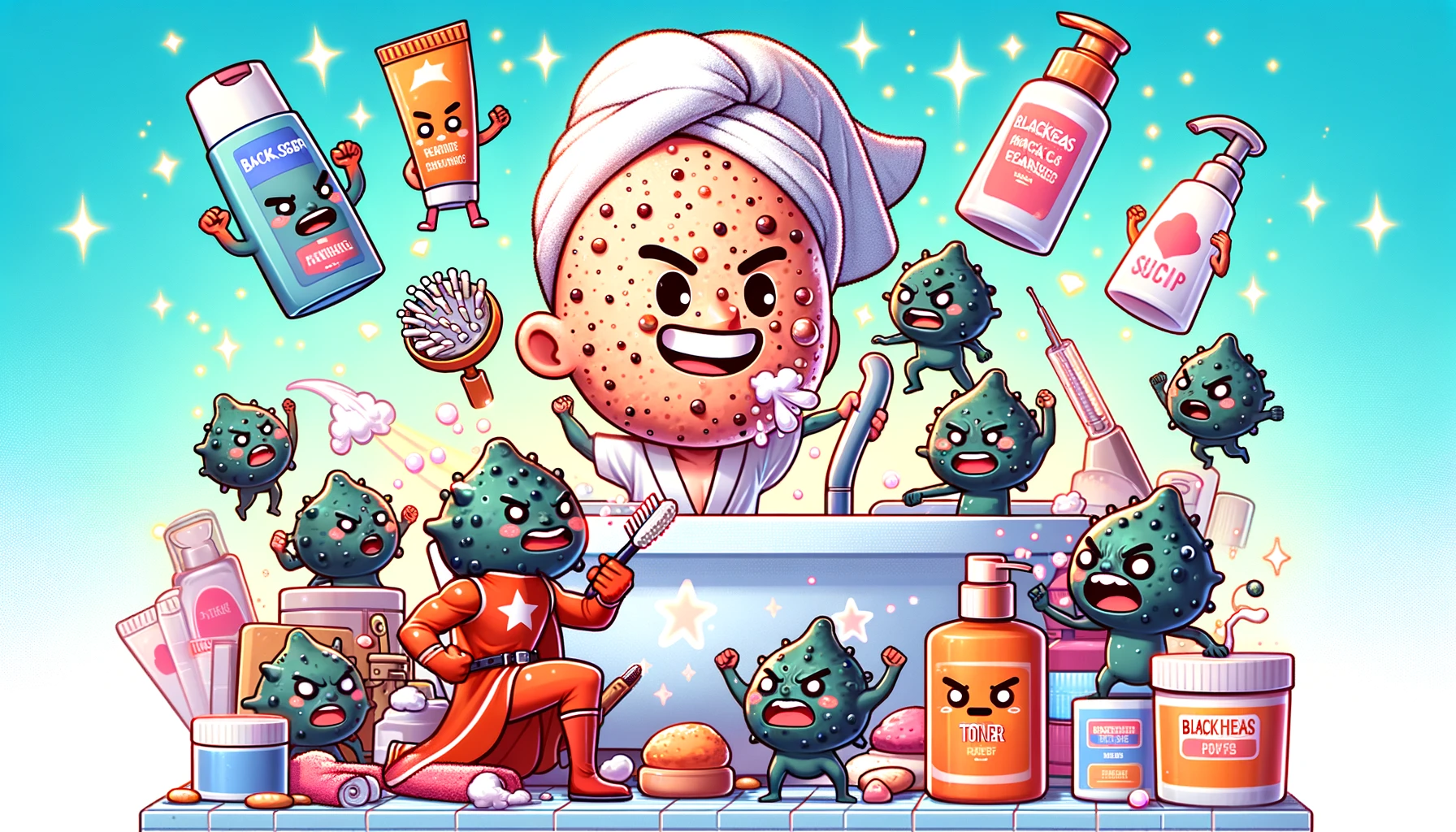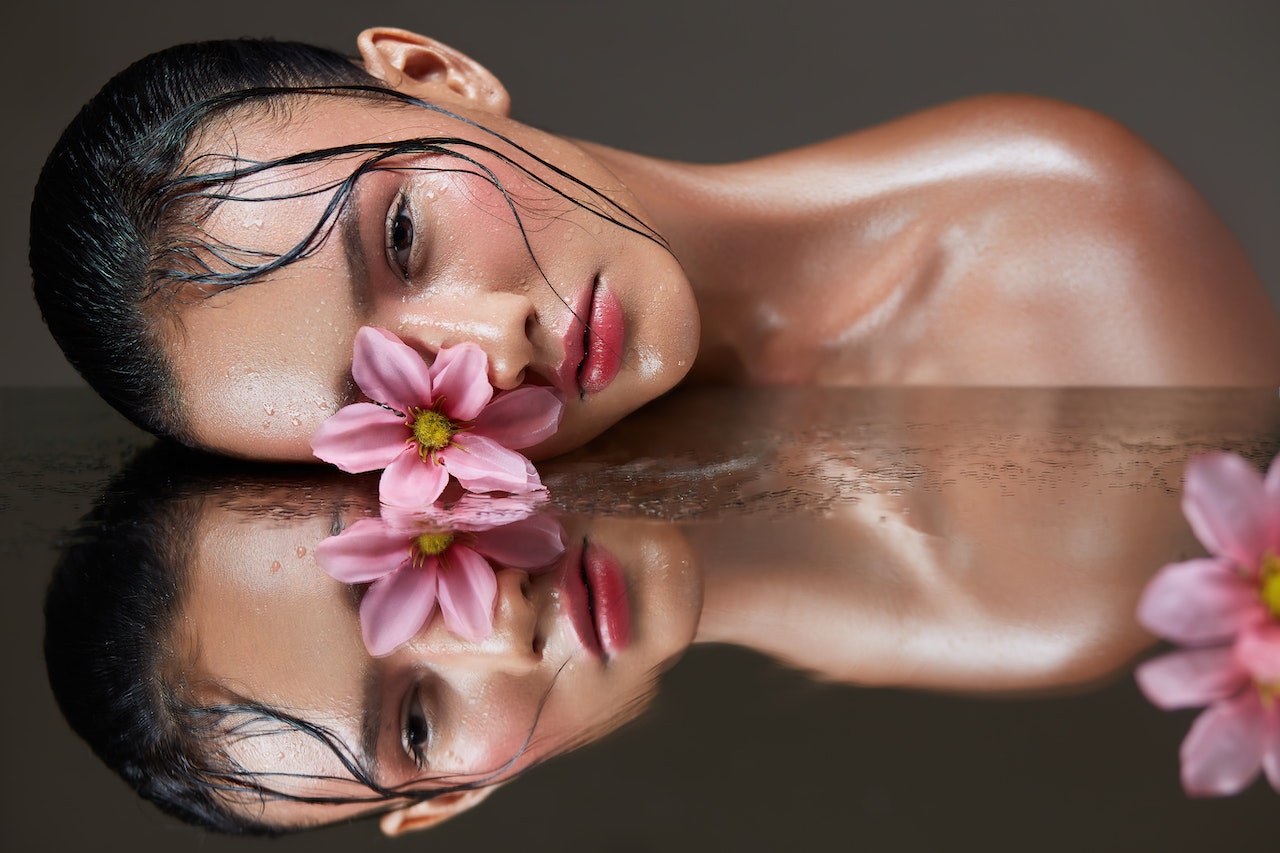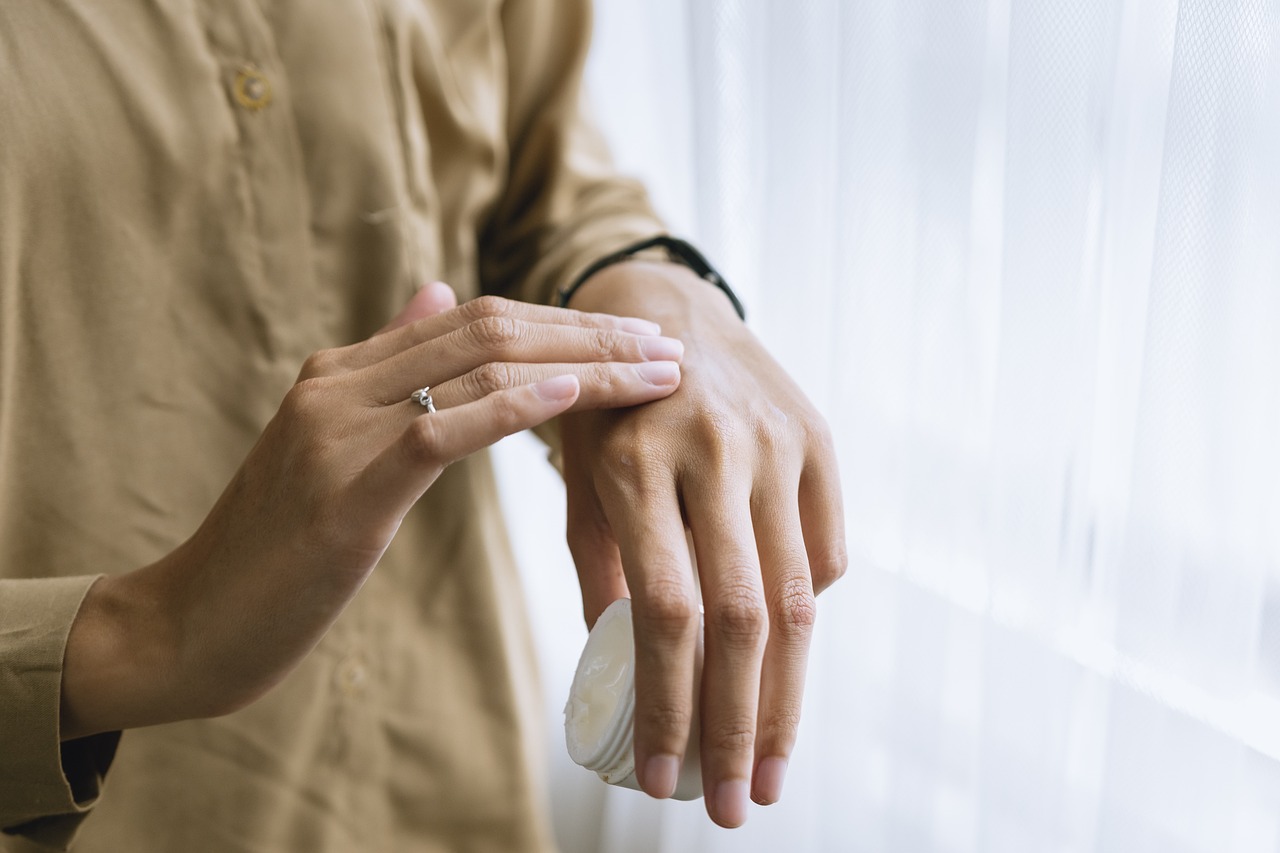Acne scars – the unwelcome mementos of those teenage years (or, let’s be honest, even your 30s, because life is fair like that). But fear not! Here’s some actual advice on how to prevent and treat these pesky reminders that puberty was, indeed, the gift that kept on giving.
The Whys and Hows of Acne Scars
Before we jump into our thrilling guide on combating acne scars, let’s take a little detour through the land of Why-Do-I-Even-Have-These-Scars. Understanding your adversary is key to victory, after all.
The Science-y Bit
When acne invades, it’s like a mini battle in your skin. Your body, being the hero that it is, fights off this invasion. In this process, collagen, the stuff that keeps your skin looking youthful, either overproduces (causing raised scars) or underproduces (leading to those charming little pits). It’s like your skin’s way of saying, “I survived, but I’ll never forget.”
Types of Scars: The Good, The Bad, and The Ugly
Not all acne scars are created equal. There are atrophic scars (the dents and divots), hypertrophic scars (the raised ones that want to stand out), and post-inflammatory hyperpigmentation (PIH) – those dark spots that act like long-term guests.
Why Me?
Genetics, skin type, how severe your acne was, and yes, how much you loved to pick at your zits (a big no-no, by the way) all play a role in whether you get to join the acne scar club.
But you’re not alone. Acne scars are like that popular trend everyone followed but no one really wanted. Most people will experience some form of scarring from acne. It’s a shared experience, a collective sigh in the world of skincare.
Now that we’re all caught up on the why’s and how’s of acne scars, let’s embark on our journey of prevention and treatment.
Preventing Acne Scars
1. Avoid the Sun Like a Vampire
First things first, the sun. You know, that giant fiery ball in the sky? Turns out, it’s not the best friend of your acne scars. So, if you want to prevent your acne scars from taking up permanent residence on your face, become a vampire. Just kidding! But seriously, use sunscreen. SPF 30 or higher, please. And reapply it as if your life depends on it (because, in a way, it does).
2. Picking is for Guitars, Not Faces
Now, let’s talk about picking. It’s tempting, I know. There’s something oddly satisfying about it. But here’s a thought – maybe don’t? Picking at your skin is like inviting scars to a party and then complaining when they don’t leave. It’s a no-brainer: don’t pick, and you’ll reduce the risk of scarring.
3. The Magical World of Exfoliation
Exfoliation: it’s not just a fancy word, it’s a journey. But remember, it’s about as delicate as defusing a bomb. Overdo it, and boom – irritation city. Gentle exfoliation can help remove dead skin cells and promote new cell growth. Just don’t go all out and scrub like you’re trying to erase a bad memory.
4. Moisturize: Because Your Skin Isn’t a Cactus
Moisturizing is essential. And no, having oily skin doesn’t give you a free pass to skip this. Think of moisturizer as the peacemaker between your skin and acne scars. It doesn’t need to be the fanciest potion in the land – just something that keeps your skin hydrated without starting a grease party.
5. The Mythical Beast Known as ‘Healthy Lifestyle’
Believe it or not, what you put in your body can affect what happens on your skin. Eat a balanced diet, they say. Drink plenty of water, they preach. And you know what? They’re not wrong. A diet rich in fruits, vegetables, and lean proteins can be as beneficial for your skin as it is for your Instagram wellness aesthetic. And water? Think of it as the elixir of life for your parched skin cells. So, eat your greens and hydrate like you’re crossing the Sahara. Your skin will thank you.
6. Stress Less: Easier Said Than Done
Stress: the silent skin saboteur. It’s like that annoying relative who shows up uninvited and overstays their welcome. While completely eliminating stress is about as likely as winning the lottery, managing it can help. Yoga, meditation, or just doing whatever makes you forget you’re an adult with responsibilities for a while – it’s all fair game.
7. Makeup: A Double-Edged Sword
Makeup – it’s the camouflage we love and hate. Sure, it can cover up those scars, but it’s also like that friend who’s great in small doses. Too much, and things get complicated. Always, and I mean always, remove your makeup before bed. Sleeping in your makeup is like sending a formal invitation to acne scars to set up camp on your face.
8. Patience: A Virtue for Skin Care
Remember that patience is a virtue, especially when it comes to skin care. Miracles don’t happen overnight, unless you’re in a fairy tale. Treatments and preventive measures take time to work their magic. So, keep at it, and don’t expect instant gratification. Your skin isn’t a fast-food order.
Getting Rid of Acne Scars
Treating acne scars is an art, a science, and sometimes, a little bit of wizardry. Here’s how to embark on this noble quest:
1. Over-The-Counter Products: Your First Line of Defense
- Scar Creams and Gels: There’s a whole arsenal of products designed to fade scars. Look for ingredients like silicone, which can help soften and flatten raised scars.
- Lightening Agents: For those pesky dark spots (PIH), products containing ingredients like hydroquinone, kojic acid, or licorice root extract can be your allies.
2. Home Remedies: Kitchen to the Rescue (Sort of)
The internet is littered with home remedies. From egg whites to toothpaste – the list is as endless as it is dubious. Before you turn your face into a science experiment, remember that just because it’s natural doesn’t mean it’s skin-friendly. But some items might just do the trick – with a pinch of patience and a spoonful of realism.
- Aloe Vera: Nature’s Soothing Agent – Aloe Vera is like that cool aunt who always knows how to make things better. It’s great for soothing and hydrating the skin. Just apply fresh aloe gel to your scars and let your skin sip on its goodness.
- Lemon Juice: The Citrusy Controversy – Lemon juice, the star of DIY skincare, but it’s a bit like playing skincare roulette. Its acidity can lighten scars but can also irritate the skin. If you’re feeling daring, dilute it and apply it sparingly.
- Honey: Sweet for the Skin – Not just for sweetening your tea, honey is known for its antibacterial and healing properties. Slather a bit on your scars and hope for a sweet outcome.
3. Professional Methods: Bring in the Big Guns
When home remedies feel like bringing a knife to a gunfight, it’s time to consider professional treatments. Sure, they might cost more than a jar of honey, but they often bring more noticeable results.
- Chemical Peels: The Skin Do-Over
Chemical peels – they sound scary, but they’re essentially just a deep exfoliation. They involve applying an acid (don’t worry, it’s safe) to your skin to remove the top layers, encouraging new, less-scarred skin to grow.
- Microdermabrasion: The Ultimate Exfoliation
Think of microdermabrasion as exfoliation on steroids. It uses tiny crystals to buff away the top layer of your skin. It’s like sanding down a rough piece of wood, but, you know, for your face.
- Laser Treatment: Pew Pew Your Scars Away
Laser treatments are where we get into the big leagues. Lasers can reduce the appearance of scars by removing the outer layer of skin, stimulating collagen production, or targeting blood vessels. It’s like a reset button for your skin.
- Microneedling: A Little Ouch for a Lot of Smooth
Microneedling involves rolling tiny needles over your skin. It sounds medieval, but it’s actually quite effective. It stimulates collagen production, helping to fill in and smooth out scars.
- Fillers: Because Sometimes You Need a Quick Fix
For those deep, pitted scars, dermal fillers can be an option. They literally fill in the scars, making them less noticeable. It’s not a permanent solution, but it can give you a preview of a smoother skin future.
- Surgery: When You’re Done Playing Games
For the most stubborn scars, surgery might be an option. Techniques like punch excision or subcision can physically remove or alter the scar. It’s the big commitment option but can have dramatic results.
And there we have it – your guide to navigating the treacherous waters of acne scar prevention and treatment. It’s a journey, folks. One filled with sunscreen, self-restraint, and a whole lot of skin care. Keep your spirits high, your stress low, and maybe, just maybe, those acne scars will start to fade into the background of your life’s great tapestry.
Pro Tips: The Cherry on Top of Your Skincare Routine
As we near the end of our enlightening journey through the world of acne scar management, let’s sprinkle some pro tips on top – because, let’s face it, who doesn’t like extra nuggets of wisdom?
- The Magic of Retinoids: Retinoids are like the Swiss Army knife of skincare. They can help in reducing acne outbreaks, thus preventing new scars. They also promote skin cell turnover, which can reduce the appearance of existing scars. Just remember, they’re powerful, so start slow and use as directed.
- A Little Goes a Long Way: When it comes to skincare products, more isn’t always better. Use products as directed – a pea-sized amount of potent creams is often all you need. Overdoing it won’t speed up results; it might just irritate your skin.
- Test Before You Invest: Always patch test new products. Your face isn’t the place for a surprise allergic reaction. Apply a small amount on your inner forearm and wait 48 hours to see if there’s a reaction.
- Don’t Forget Your Neck and Chest: These areas can show signs of aging and damage just like your face. Extend your skincare routine a bit south to keep these areas looking as youthful and healthy as your face.
- Pillow Talk: Change your pillowcases regularly. Old pillowcases can harbor oils, dirt, and bacteria which can aggravate your skin. Opt for silk or satin pillowcases – they’re gentler on your skin and won’t absorb your skincare products like cotton does.
- Stress Less, Smile More: Easier said than done, but stress can affect your skin. Find ways to manage stress through activities like exercise, meditation, or whatever floats your boat.
- The Gut-Skin Connection: A healthy diet isn’t just good for your waistline; it’s great for your skin too. Foods high in antioxidants, omega-3 fatty acids, and vitamins can contribute to clearer skin.
- Stay Consistent: Results take time. Consistency is key in any skincare routine. Don’t hop from product to product. Give them time to work their magic.
- When in Doubt, Dermatologist: If you’re ever unsure about a product or a procedure, consult a dermatologist. They can provide tailored advice based on your skin type and concerns.
FAQ: Answering Your Burning Questions About Acne Scars
Like a bad date, some acne scars can linger. While many treatments can significantly reduce their appearance, completely erasing them is challenging. It’s about improvement, not perfection.
It’s like waiting for your favorite show to return for a new season – it takes time. Natural fading can take months or even years, depending on the scar’s depth and severity.
While the internet is full of DIY hacks, many home remedies lack scientific backing. Some may even harm your skin. It’s best to stick with proven methods and consult a dermatologist before experimenting.
Your diet won’t erase scars, but it can support skin health. Foods rich in vitamins, minerals, and antioxidants can help your skin heal and possibly prevent new scars from forming.
Newer scars might respond better to treatment since the skin is still healing. However, there are effective treatments for older scars as well. The key is to start treatment as soon as possible for the best results.
Yes, to some extent. Avoid picking at acne, manage breakouts effectively, protect your skin from the sun, and maintain a good skincare routine. These steps can reduce the risk of scarring.
Acne scars can affect all skin types, but they may be more noticeable in certain skin tones. Also, some skin types might be more prone to specific kinds of scars, like hyperpigmentation.
The best approach is to consult a dermatologist. They can assess your skin type, scar type, and other factors to recommend the most suitable treatment.
Like any medical or cosmetic procedure, acne scar treatments can have risks, such as irritation, redness, and in rare cases, infection. That’s why it’s crucial to have these treatments done by a professional.
The cost can vary widely depending on the treatment type, the severity of the scars, and your location. It’s a good idea to discuss costs with your dermatologist during your consultation.



